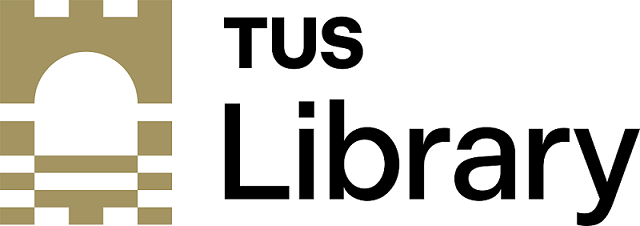Consider these medical situations that nurses have been involved in:
A child is admitted to ER with possible symptoms of abuse. A doctor allows the
patient to be discharged despite the nurse’s intuition about the situation. The
child returns to the ER 2 days later dead on arrival.
caused him mental confusion. The doctors wanted to monitor his mental state and
ordered that pain medication be withheld. Twelve hours later he died.
Readers could list many more situations like this in the various settings where nurses
practice. These situations involve peers, patients, caregivers, and
administration. The resultant feelings of frustration and helplessness have
given rise to the term moral distress. Factors included in this phrase are
cognitive dissonance, and psychological disequilibrium. But behind those fancy
scientific terms lie the real crux of the matter. The nurse feels helpless,
angry, and dissatisfied. Moral distress occurs when a nurse reaches a moral
decision but is unable to execute her values, training, and knowledge. In other
words the nursing goal is stymied and now a less than ideal outcome must be
accepted. The nurse is impacted because she/he is the most involved in care,
sees the consequences first hand, and because ethics are the basis of the
nursing profession.



No comments:
Post a Comment